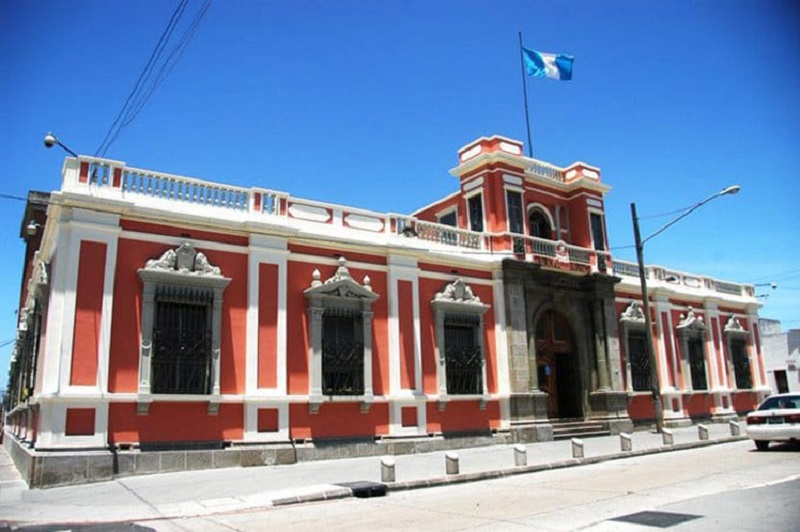The race for the first round of voting drew people’s attention in the first five months, due to the exclusion of three candidates for the presidential seat, among them, indigenous leader Thelma Cabrera.
Her party Movimiento para la Liberación de los Pueblos (Movement for the Liberation of the Peoples) denounced beforehand the obstacles it confronted in the campaign. Former Human Rights advocate and then candidate (2017-2022) Jordán Rodas was also forced out of the race.
Businessmen Roberto Arzú (Podemos – We Can) and Carlos Pineda (Prosperidad Ciudadana – Citizenship Prosperity) also fell out of the race.
Analysts then questioned the credibility of the institutions and indicated that the beneficiaries would be the pro-government candidate Manuel Conde (Vamos – Let’s Go), Zury Ríos (Valor-Unionista) and Sandra Torres (Unidad Nacional de la Esperanza – National Unity of Hope).
Guatemalans were facing, in general, the most atypical elections since the democratic period of 1985, with candidates openly related to organized crime and drug trafficking.
On Sunday, June 25, Torres was the most voted, with 15.86 percent of the valid ballots, but surprisingly the standard bearer of the Seed Movement, Bernardo Arévalo came in second place.
Social weariness and the need to change the plans of circles of power led to the former diplomat obtaining 11.77 percent, ahead of heavyweights such as Conde, Ríos and Edmont Mulet (Cabal).
Despite the record number of observers who endorsed the vote, nine defeated forces questioned the preliminary results and even the Constitutional Court ordered the TSE to conduct a new vote count. Nevertheless, the second round took place.
Despite the attacks against him, Arevalo came out victorious with 58.05 percent of the votes (2,441,661,000), more than 20 points on top of Torres.
The former First Lady, who reached for the third time in a row a runoff, only reached 37.24 percent (one million 567 thousand 472).
In a new maneuver, despite the resistance of the electoral magistrates, on Saturday, September 30, members of the Special Prosecutor’s Office against Impunity, in the hands of de facto powers, took by force the minutes of the presidential elections of the first and second rounds.
The crisis escalated with nation-wide strikes and blockades of strategic highways, initiated on October 2 by the 48 Cantons of the department of Totonicapán, demanding the resignation of Attorney General Consuelo Porras and several of her officials.
The elected president warned about the danger that the actions of the MP mean for democracy and stressed that the investigative body “is continuously and systematically violating the Guatemalan legal system”.
Arévalo temporarily canceled participation in the administrative process of change of command, “until the necessary institutional conditions are reestablished,” he said.
He then proposed to resume the transition of government, but with a change in the methodology, only through sectorial meetings, which was accepted by outgoing president Alejandro Giammattei.
After 20 consecutive days of protests and more than 100 roads closed with significant effects on the economy, Guatemala returned to normal little by little due to a change of strategy by the indigenous authorities.
The Constitutional Court issued a resolution confirming the results of the last elections and ordered to continue with the transition of elected authorities as planned.
Resistance continues in the streets and social media. Organizations continue to condemn the judicial persecution. Experts project days of uncertainty until January 14.
mh/arb/znc









